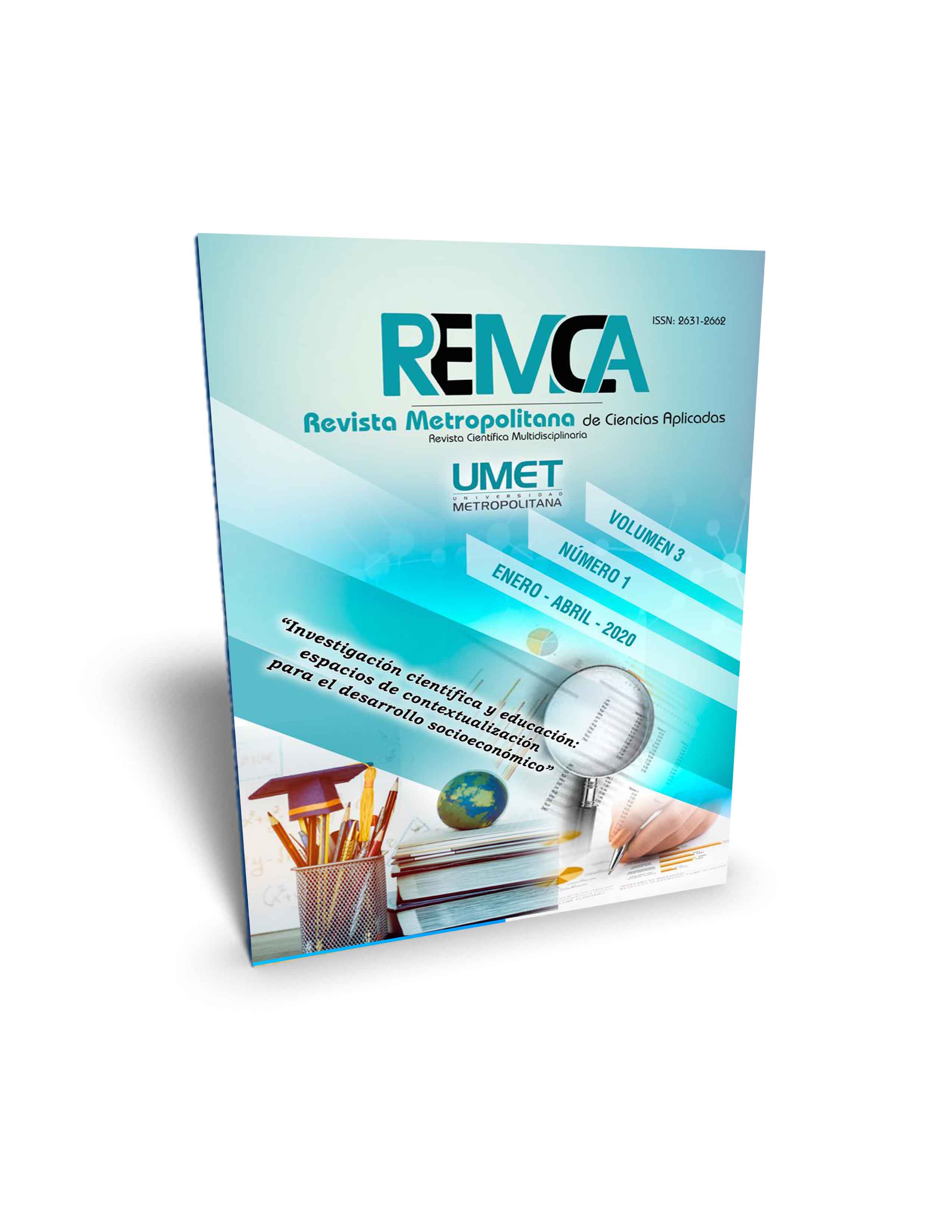Assessment of extemporaneous and accelerated learning, health of university professors and institutional help
DOI:
https://doi.org/10.62452/68y5pj89Keywords:
Aequested learning, extemporaneous apprenticeships, accelerated learning, solo learning, institutional helpAbstract
Among the various reasons that motivate the learning of the human being, the aspiration to better existential conditions occupies a preponderant place, in this sense the learning in the workplace deserves a very special attention, since, such learning does not always occur according to an election, most of the time what is learned is determined by a labor requirement. The appropriation of knowledge that takes place at ages in which the subject is not prepared to do so, or when the optimal time has elapsed for it, is defined as extemporaneous learning, as a consequence, such learning can constitute mental health challenges. Such a situation tends to become more acute when the demands of learning are established in shorter units of time and, therefore, unacceptable to those who learn, in this way, the acceleration imposed is also perceived as dangerous to health. The present work reveals the level of evaluation granted by university professors to the extemporaneous and the acceleration of learning in their health, as well as the level of institutional assistance received to face such challenges. The study was conducted at the University of Cienfuegos, Cuba and at the Metropolitan University of Ecuador between 2015 and 2019. A quasi-participant methodology was followed with gradual integration of the results and the sample was intentionally determined with distinction of sexes and age ranges.
Downloads
References
Agresti, A. (2018). An introduction to categorical data analysis. Wiley-Intercience.
Cárdenas Robledo, L., & Peña Ayala, A. (2019). A holistic self-regulated learning model: A proposal and application in ubiquitous-learning. Expert Systems with Applications, 123(1), 299-314.
Carpenter, J., & Linton, J. (2018). Educators’ perspectives on the impact of Edcamp unconference professional learning. Teaching and Teacher Education, 73, 56-69.
Creswell, J., & Creswell, J. (2017). Research Design: Qualitative, Quantitative, and Mixed Methods Approaches. Sage Publications.
Holland, A. (2019). Effective principles of informal online learning design: A theory-building metasynthesis of qualitative research. Computers & Education, 128(1), 214-226.
Johansson,, E., Holmin, T., Johansson, B., & Braide, M. (2018). Improving near‐peer teaching quality in anatomy by educating teaching assistants: An example from Sweden. Anatomical sciences education, 11(4), 403-409.
Lentin, L. (1980). Enseñar a hablar: El aprendizaje del lenguaje oral en la primera infancia y preescolar. Pablo del Rio Editor.
Piaget, J. (2005). La equilibración de las estructuras cognitivas, problema central del desarrollo. Siglo Veintiuno Editores.
Reynolds-Kueny, C., Toomey, E., Pole, D., & Hinyar, L. (2017). Uniting Saint Louis University's interprofessional education program with organizational learning: A theory-based model to guide IP education and practice. Journal of Interprofessional Education & Practice, 6, 7-14.
Stewart, H., & Kenyon, C. (2000). From Andragogy to Heutagogy. http://pandora.nla.gov.au/nph-wb/20010220130000/http:/ultibase.rmit.edu.au/Articles/dec00/ha
Downloads
Published
Issue
Section
License
Copyright (c) 2020 Reinaldo Requeiro Almeida, Arturo Bofill Placeres (Autor/a)

This work is licensed under a Creative Commons Attribution-NonCommercial-ShareAlike 4.0 International License.
Authors who publish in Revista Metropolitana de Ciencias Aplicadas (REMCA), agree to the following terms:
1. Copyright
Authors retain unrestricted copyright to their work. Authors grant the journal the right of first publication. To this end, they assign the journal non-exclusive exploitation rights (reproduction, distribution, public communication, and transformation). Authors may enter into additional agreements for the non-exclusive distribution of the version of the work published in the journal, provided that acknowledgment of its initial publication in this journal is given.
© The authors.
2. License
The articles are published in the journal under the Creative Commons Attribution-NonCommercial-ShareAlike 4.0 International License (CC BY-NC-SA 4.0). The terms can be found at: https://creativecommons.org/licenses/by-nc-sa/4.0/deed.en
This license allows:
- Sharing: Copying and redistributing the material in any medium or format.
- Adapting: Remixing, transforming, and building upon the material.
Under the following terms:
- Attribution: You must give appropriate credit, provide a link to the license, and indicate if any changes were made. You may do this in any reasonable manner, but not in any way that suggests the licensor endorses or sponsors your use.
- NonCommercial: You may not use the material for commercial purposes.
- ShareAlike: If you remix, transform, or build upon the material, you must distribute your creation under the same license as the original work.
There are no additional restrictions. You may not apply legal terms or technological measures that legally restrict others from doing anything the license permits.




